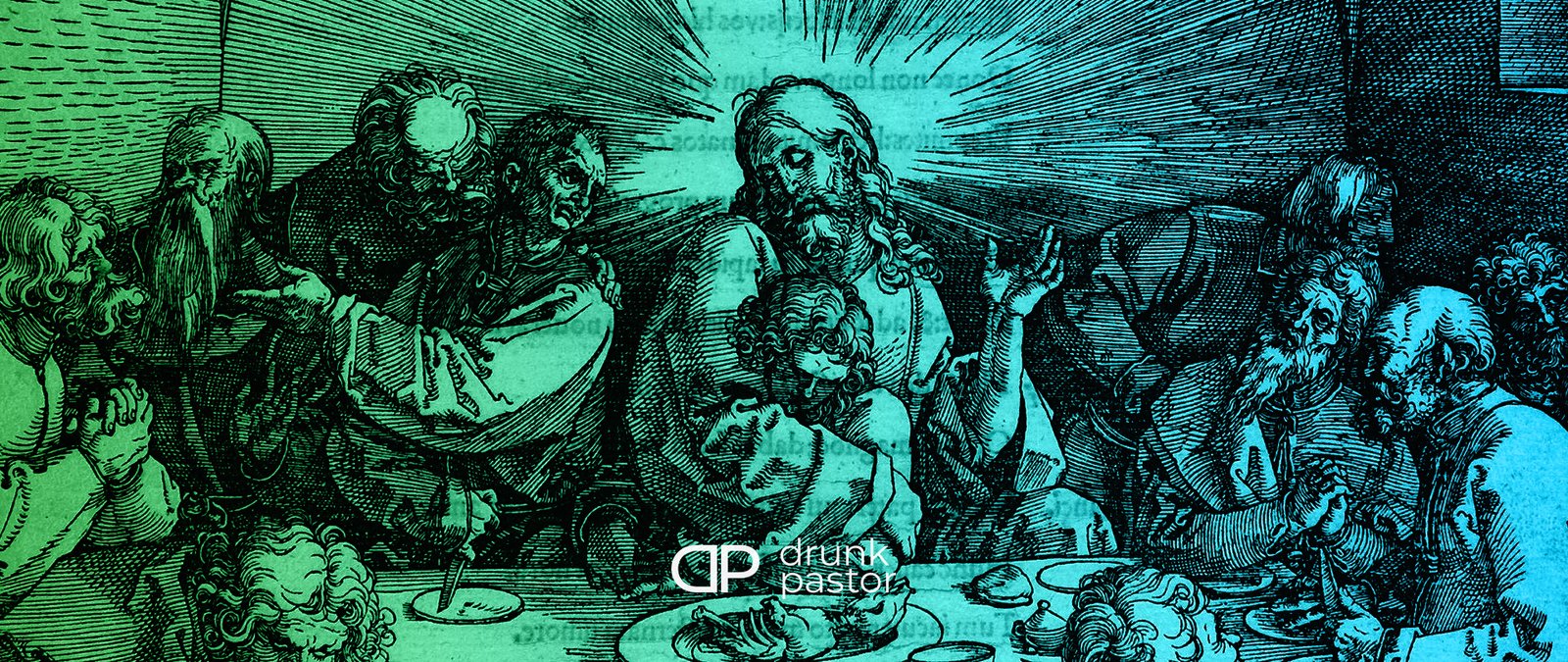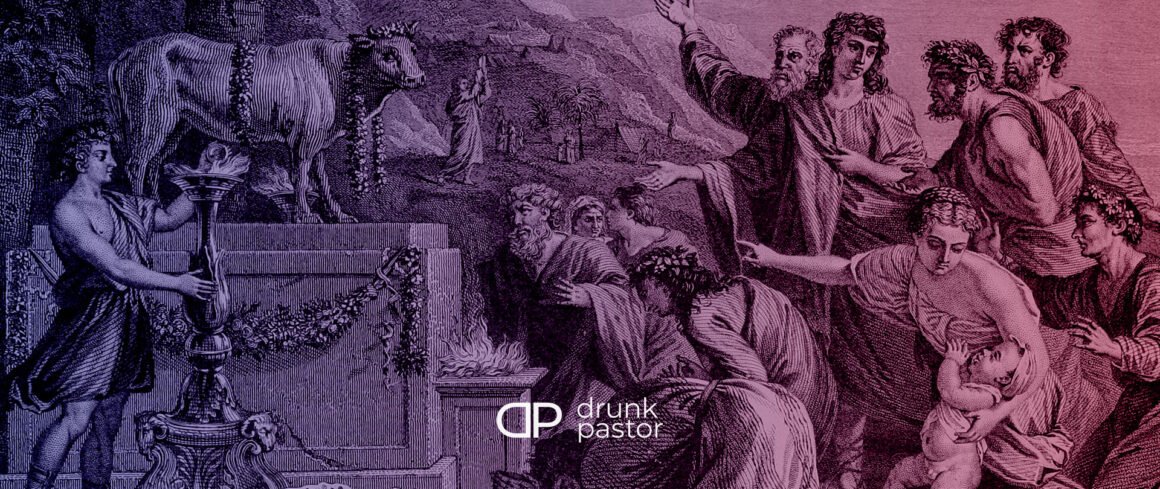Possible Diagnosis:
- Wrong link?
- Something changed on this side… happens. 🤷♂️
- One of the internet tubes or bits got broken. Who knows.
Regardless, sorry! Search below, or browse recent blogs and categories:
Recent Musings
Not Just a Davidic King: The Flight ofJesus & Jeroboam To Egypt
Drunk Pastor Throwback: Originally written on March 29, 2018.Edited March 11, 2025 As discussed in the past, the writers of the Bible use literary devices and designs to infuse meaning …
Cutting Through Empires: Joshua 5, The Commander of The Army of The Lord, & A Dramatic “No”
The toppling of Jericho’s walls in Joshua 6 isn’t merely a faith-based military climax—it’s the dramatic punctuation to a narrative that stretches back to Genesis. You're not alone if you …
Bible In Context: Reframing Genesis & John
Here are the slides from the first 2025 Bible in Context class. Stay tuned for more! I have every intention of recording this content and sharing it online this year. …
Nakedness & Perspective: Understanding Genesis 3
Drunk Pastor Throwback: Originally posted on May 13, 2017. Edited Feb 26, 2025 Genesis 3 has been labeled as “The Fall” or some variation thereof. The ESV heading of my Bible …









